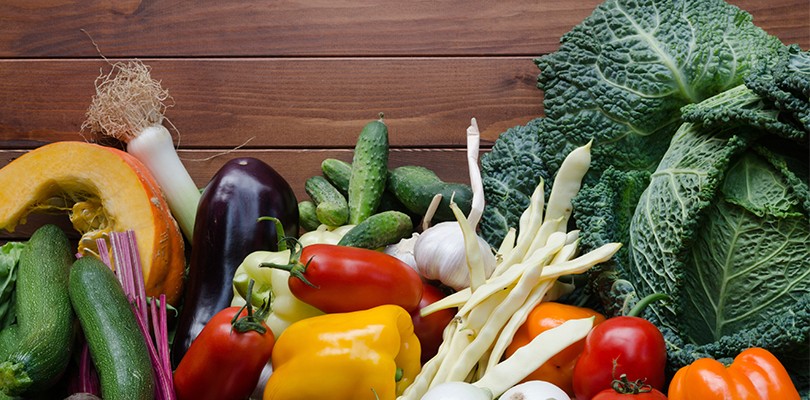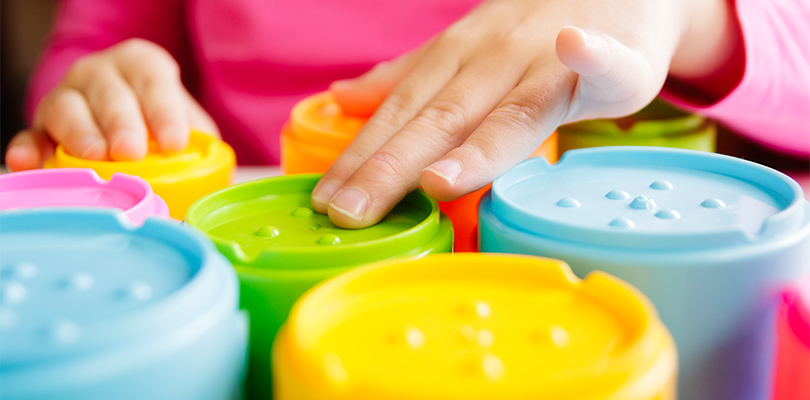
Photo Credit: aga7ta / istockphoto.com
3. Diet
Food impacts mood and concentration. The food that we eat provides the building blocks for the structure and function of our entire bodies. This includes the brain and nervous system.
Many fad diets have been recommended for ADHD. While allergens and sensitivities to certain foods and diets comprised of “junk” foods are unhealthy and worsen symptoms of ADHD, I do not believe that there is a specific diet that helps most people who have ADHD. Some people are helped by specific dietary changes, however most people do best eating a healthy, well-balanced diet that contains nutrients known to ensure the health and wellbeing of the nervous system.
Multiple studies indicate that protein is best obtained from plants. If you obtain protein from animal sources, make sure that it is lean, organic, grass fed, or from wild animals. This will decrease your consumption of toxins, including antibiotics and artificial hormones, which can aggravate all of the systems of your body.
Our brains are comprised largely of fat. This means that adequate amounts of healthy fats need to be consumed while unhealthy fat intake is limited. Include foods rich in essential fatty acids like flaxseeds, hempseeds, mackerel, salmon, and sardines.
Highly processed foods are not good for anyone. Avoid refined products, including packaged foods that are loaded with additives and preservatives. Eat plenty of organic fresh fruits and vegetables.
Whole grains benefit nervous system health. They contain a wide array of nutrients which soothe the nerves and optimize brain function.
Foods that are rich in calcium, magnesium, and tryptophan are calming. They can help to ensure a good night’s sleep when eaten in the evening. Turkey, milk, whole grains, dates, and nuts are calming foods.
Running late is pretty common in this busy modern life, but does it seem like you just can’t get anywhere on time? Well, you’re not alone.







